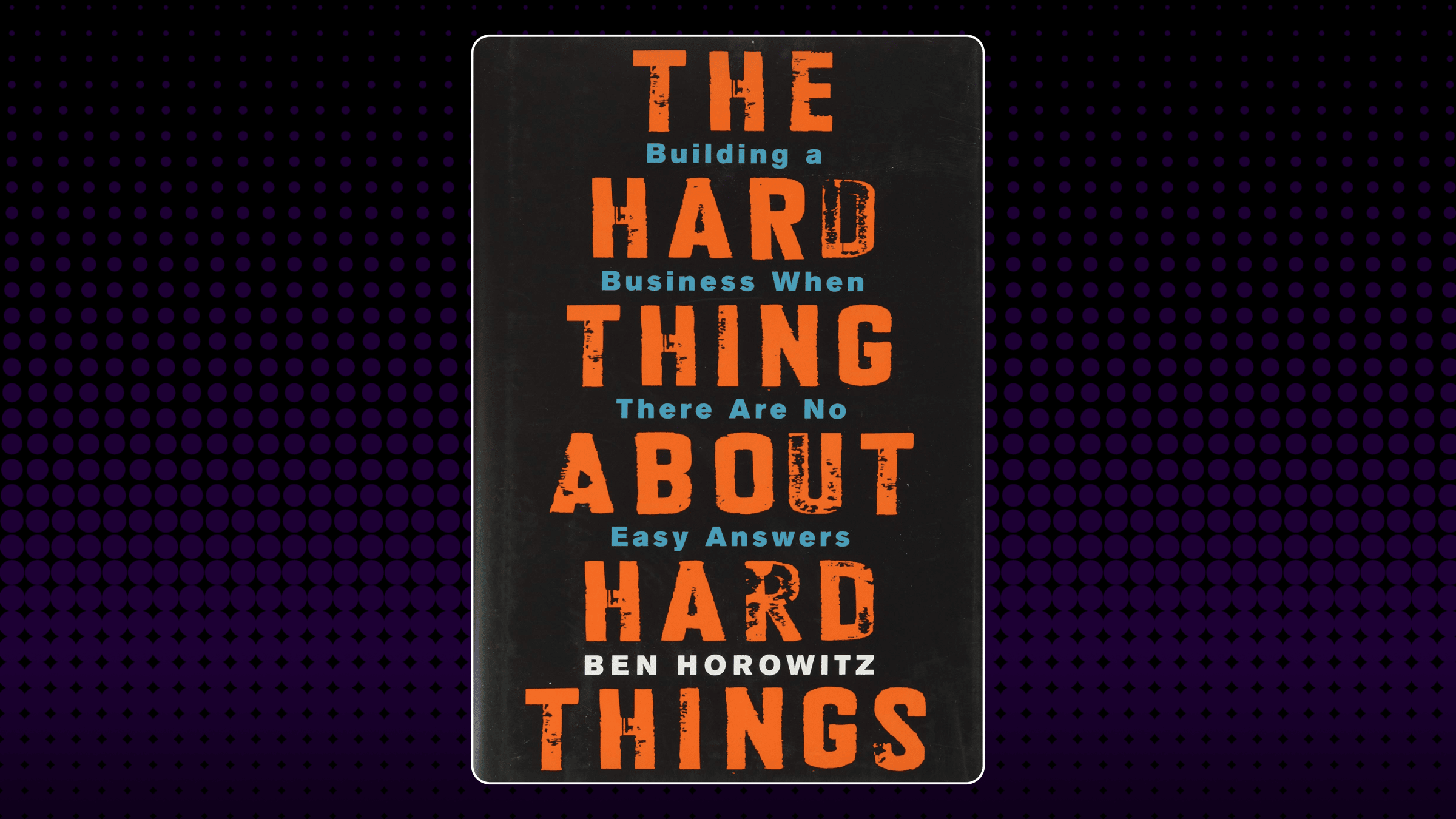

You don’t scale a business without a few wrong turns.
But some mistakes are worth making.
Everyone loves to talk about their wins.
But if you want to learn something useful, listen to someone who’s failed.
Because in my experience, the best decisions often come after the worst ones. It’s not the polished, PR-safe stories that move you forward. It’s the missteps, the ones that keep you up at night, that quietly turn you into a better operator.
This newsletter isn’t about failure for failure’s sake.
It’s about leverage and the hidden upside of getting it wrong first.
Let’s be honest.
My career didn’t start with eight-figure exits and awards. It started with a failed modelling agency in 2004 and no, not the kind of failure you package neatly into a “what I learnt” LinkedIn post. It simply flopped. Hard.
But here’s what no one tells you at the start:
Those mistakes? They were the training.
Every bad decision was a lesson I didn’t want but probably needed and without them, I wouldn’t have built or exited what I did, across multiple industries, teams in 8 countries, and a multi-award-winning agency that sold in a strategic multimillion-pound deal.

What changed?
✔️ I started learning faster.
✔️ Got brutally honest about what was working and what wasn’t.
✔️ Stopped pretending things would fix themselves.
✔️ And built frameworks based on scars, not just strategies.
So no, I’m not interested in the polished path to success.
I’m interested in the version that nearly broke you because that’s where the real shift happens. That’s where founders and leaders either fold… or build something worth scaling or selling.
One founder hit £200k in under a year.
No systems. No real leadership. Just vibes and Stripe notifications.
Six months later? Burnout, churn, legal issues.
Now they scale slower and profit more.
Trying to be the ‘affordable option’ nearly killed them.
Margins were tight, the team was exhausted, and clients were still demanding more.
Doubling prices didn’t halve the pipeline, it doubled the quality.
The team got along.
Nothing got done.
Friendship is not a hiring strategy.
Now they lead with role clarity, not coffee banter.
The site looked slick.
The copy slapped.
But no one wanted it.
Turns out, market research matters more than moodboards.
Toxic top performers. Gossip behind closed doors.
From the outside, things looked great.
Inside? Chaos.
They rebuilt slower and kept the rot out this time.
Something felt off in the pitch.
But they signed anyway.
Six months of late payments, gaslighting, and grief followed.
Now? If the vibe’s off, they walk, no matter the cheque size.
Mistakes force you to think.
Not just copy what worked for someone else in a different market, with a different model, and a team 10x the size.
You don’t forget the moment payroll bounces.
Or the day your client sues.
Or the hire that almost killed your team.
That stuff sticks.
You think it’s the strategy.
It’s your control issues. Your people-pleasing. Your inability to delegate. You don’t learn that from a course. You learn it the hard way.
Pain forces action.
It’s uncomfortable but it gets things moving. Growth isn’t smooth. It’s usually triggered by something going horribly wrong.
I’ve built, scaled, and exited businesses. But none of the flashy stuff matters as much as the lessons I got wrong first.
🚫 Letting a bad client stay “just until next month”
🚫 Hiring based on “potential” instead of performance
🚫 Launching a product before testing the demand
🚫 Rebranding at the worst possible time
🚫 Thinking systems were optional
Each one cost me, time, money, and sleep.
But each one also sharpened me.
That’s why I now ask every founder I work with the same thing:
What mistake are you grateful for?
Because if you’re not learning from it, you’re probably repeating it.

Most of what you write starts with a thought, Wispr Flow just makes sure it doesn’t end there.
As someone obsessed with saving time, building systems, and doing more with less friction, I’m always on the hunt for tools that actually make life easier. Wispr Flow is one of those tools. Whether I’m capturing ideas mid-walk, replying to Slack without typing a word, or syncing thoughts across devices, it’s become part of my daily flow and it’s built for how high-performers actually work today.
Wispr Flow is a cross-platform AI voice dictation app that turns natural speech into polished text, fast, accurate, and fully synced between your Mac, Windows PC, and iPhone. No learning curve. No filler words. Just your brain, on screen.
✔️ Use it anywhere, Slack, Notion, Gmail, WhatsApp.
✔️ Dictate at 5× typing speed.
✔️ Whisper ideas late at night without waking anyone.
✔️ Your lingo, your shortcuts, it learns everything.
✔️ Privacy-first, with on-device transcription.

This one isn’t a business fairytale. It’s a punch-in-the-gut manual for what actually happens when things go sideways, which, let’s be honest, they often do.
Horowitz doesn’t romanticise failure.
He talks about laying people off. Making gut-wrenching decisions. Keeping the lights on when cash runs thin. And somehow still showing up the next morning.
There are no perfect answers in business.
Just hard decisions, made fast, with incomplete information and the guts to fix it when you get it wrong. If you’re after clean frameworks and smooth sailing, skip this one. But if you want insight from someone who’s lived the ugliest parts of the founder journey? This one hits like truth.
Mistakes are only useless if you protect your ego instead of your momentum.
Most founders try to skip failure.
The smart ones?
They get in, get hit, and get out stronger.
You can’t grow if you’re scared to get it wrong.
But if you’re willing to learn from it, there’s no such thing as a wasted mistake.
To your unstoppable success,






%20(1).webp)
.jpg)
